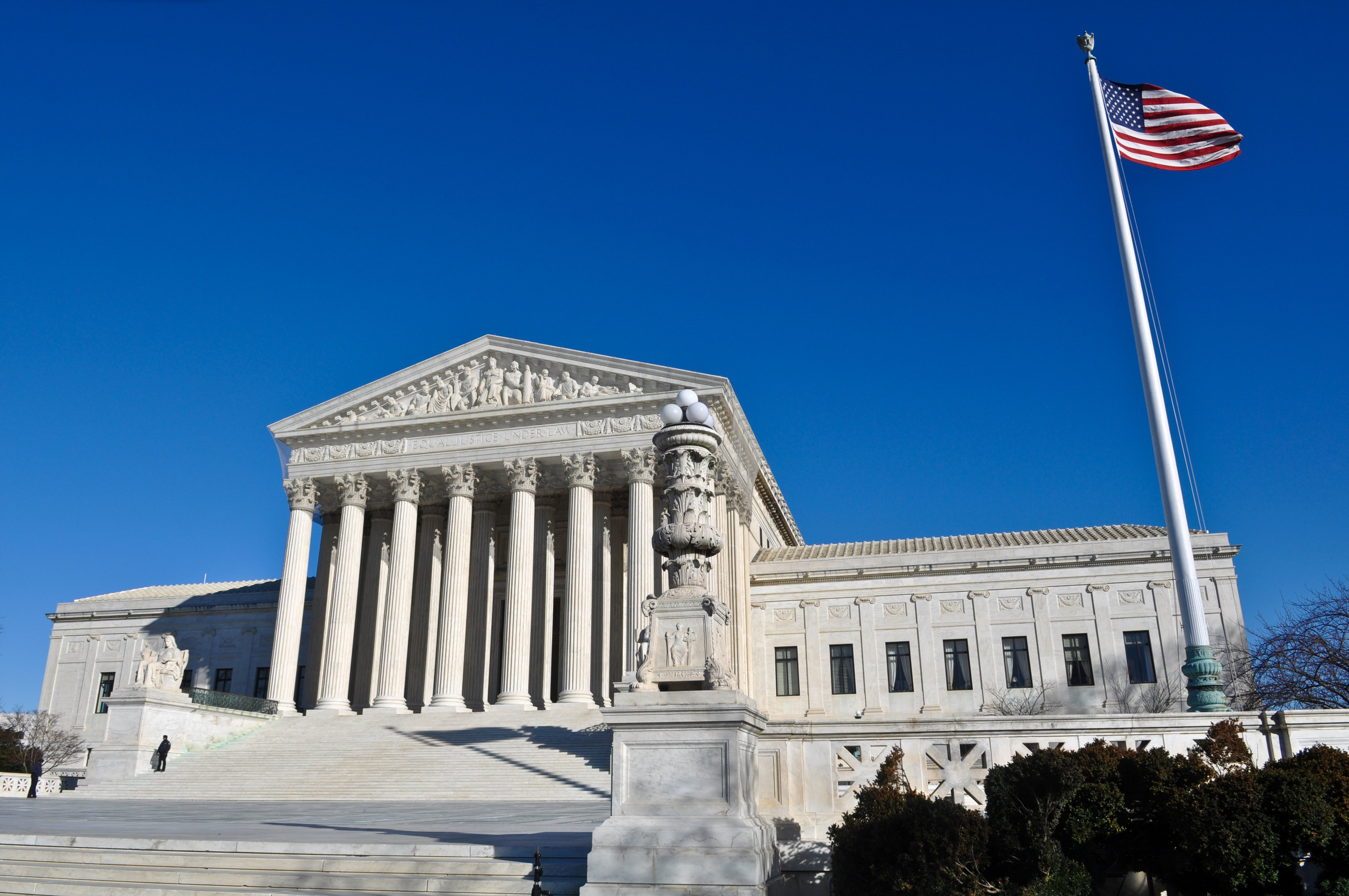2 min read
Romag v. Fossil: Profits Award No Longer Hinges on Willful Infringement
Joe Whitcomb
:
April 29, 2025

In Romag Fasteners, Inc. v. Fossil Group, Inc., the Supreme Court of the United States addressed whether a finding of willful infringement is a prerequisite to awarding profits in a trademark infringement case. The Court held that willfulness is not a necessary condition for such an award under 15 U.S.C. § 1117(a), resolving a circuit split on the interpretation of the Lanham Act.
Background
Romag Fasteners, Inc. manufactured magnetic fasteners used in leather goods. Fossil Group, Inc. used Romag's products under an agreement. Romag later discovered that manufacturers in China producing goods for Fossil were using counterfeit Romag fasteners. Romag filed a lawsuit alleging trademark infringement and false representation.
A jury found that Fossil had acted with "callous disregard" for Romag’s trademark rights but did not find that Fossil had acted willfully. The district court, relying on Second Circuit precedent, declined to award Romag Fossil’s profits due to the absence of a willfulness finding.
The central question was whether the Lanham Act requires a showing of willful infringement before a plaintiff may recover a defendant’s profits in a trademark infringement case brought under § 1125(a).
Supreme Court Decision
The Supreme Court vacated the judgment of the Court of Appeals and remanded the case. Writing for the majority, Justice Gorsuch explained that the statutory language of § 1117(a) does not impose a willfulness requirement for profit awards under § 1125(a). The Court noted that the Lanham Act explicitly requires willfulness in other contexts, such as claims for trademark dilution under § 1125(c), but not for false or misleading use of trademarks under § 1125(a).
The Court found that inserting a willfulness prerequisite into § 1117(a) would contradict the plain statutory text and the broader structure of the Lanham Act, which addresses mental state requirements with specificity where intended. The phrase “subject to the principles of equity” in § 1117(a) does not create a categorical bar to profits awards in the absence of willfulness but allows courts discretion to consider various factors, including the defendant’s mental state.
While the Court acknowledged that mental state is relevant to equitable remedies and that willful conduct often justifies a profits award, it rejected a rigid rule requiring willfulness in every case. The Court emphasized that such policy considerations are better left to Congress.
Conclusion
The Court's ruling clarified that plaintiffs in trademark infringement actions under § 1125(a) may seek an award of profits without proving the defendant acted willfully. The decision ensures that courts retain discretion to consider all relevant circumstances in fashioning appropriate remedies under the Lanham Act.
How We Can Help
If you are involved in a trademark dispute or need guidance on trademark enforcement, our attorneys at Whitcomb, Selinsky, PC can help. Our team provides support for businesses navigating trademark protections, infringement claims, and related litigation.


